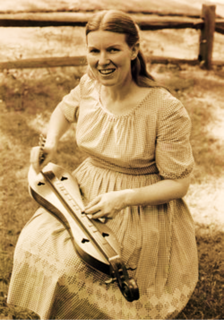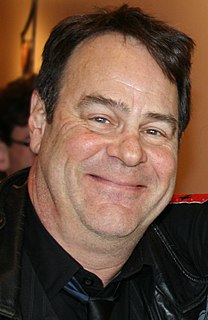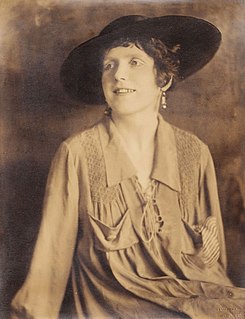A Quote by Zadie Smith
I don't actually believe in the extension of consciousness after death.
Quote Topics
Related Quotes
There exists a mountain of circumstantial evidence that consciousness survives bodily death. This is the kind of evidence that would stand up in a court of law. Some people believe that science needs better tools to quantify what consciousness is. Perhaps when we discover what consciousness is we will be on the road to providing absolute scientific evidence that there is life after death.
For years, I have been stalked by a bad reputation. Actually, I have been pursued by people who have regarded me as the 'Death and Dying' Lady. They believe that having spent more than three decades in research into death and life after death qualifies me as an expert on the subject. I think they miss the point.
I believe consciousness is non-local and a big part of what we experience with near death and past lives. It's the consciousness that has come into us from other experiences and our consciousness that we remain aware of when we leave our bodies and they communicate with us through dreams, and even through drawings which I do a lot of work with myself.
You exist in time, but you belong to eternity- You are a penetration of eternity into the world of time-You are deathless, living in a body of death- Your consciousness knows no death, no birth- It is only your body that is born and dies-But you are not aware of your consciousness-You are not conscious of your consciousness-And that is the whole art of meditation;Becoming conscious of consciousness itself.
At physical death man loses his consciousness of the flesh and becomes conscious of his astral body in the astral world. Thus physical death is astral birth. Later, he passes from the consciousness of luminous astral birth to the consciousness of dark astral death and awakens in a new physical body. Thus astral death is physical birth. These recurrent cycles of physical and astral encasements are the ineluctable destiny of all unenlightened men.





































